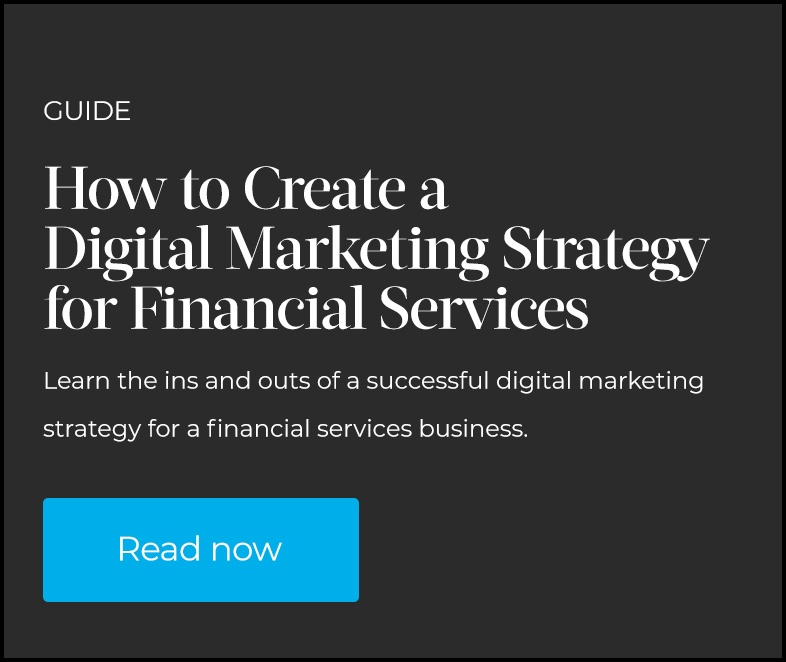If you’re still contemplating the leap into the brave new world of digital and content marketing, these insights from financial services marketing directors might offer some value – and assure you that you’re not alone.
Last week, BlueChip Communication hosted an informal session for chief marketing officers who wanted to hear a first-hand account of the year’s major content marketing conference Content Marketing World 2013 from our MD, Carden Calder, who presented at the event. At the session, marketing professionals shared some of the issues they face in a rapidly evolving environment – some of which we covered in a previous blog. Here, ahead of two similar events later this month, we outline some other themes that emerged on the day.
1. Overcoming old school thinking
According to leading international content marketers, content marketing in Australia is three to five years behind the US and the UK. It’s a situation the marketing directors present at the BlueChip session feel acutely on a daily basis. As leaders charged with pioneering the shift to digital engagement, they encounter resistance from those with a ‘knowledge is power’ viewpoint, but who still haven’t acknowledged that social media has put customers in the driving seat.
Which brings us to the big question: how do you convince someone who’s spent their entire career trading their individual expertise and company IP to start giving it away for free, as content marketing demands?
The answer? Be emboldened by the experience of the 1,700 Content Marketing World attendees facing the same challenge and return to the principles of Thought Leadership. For a brand or organisation to become a thought leader, it must be of genuine use to an audience and demonstrate its expertise without expecting returns. It requires the building of trust, something that arises through meaningful dialogue, and rewarding relationships.
As content marketing pioneer Jay Baer explains in his book, youtility, to win in this hyper-cluttered world, a new approach to marketing, one that’s about helping, not hyping, is key. Whether your team is asset managers or bank managers, all of them will at some point have reaped the benefits of educating a potential customer who eventually came back and bought from them. Instant sales of high value products in our industry are few and far between. The key has always been and continues to be in heart of the customer relationship.
2. Engaging Internal Stakeholders with ROI
Helping the people within your organisation to become thought leaders is certainly a start in eradicating the notion that ‘if content isn't flogging a product, it's useless’.
The remainder calls for collaboration, where marketers must dig into their toolkit of internal stakeholder engagement. What they’re likely to find after undertaking a talent audit, is that the most suitable brand ambassadors are not the media trained, on-message Executive Team, but the most socially connected people. They’re often, but not always digital natives, but either way, their networks make them the most powerful brand ambassadors an organisation may have.
It’s the marketing team’s job to identify what role these people, whether they’re a junior sales exec or an advisor, can play in helping to engage the firm’s audience. Authentic and thus credible, these people can have a greater impact than the sometimes inaccessible CEO. In the long run, brand ambassadors build the reputation of an organisation not only to improve its perception by clients, but also among employees and potential employees, thus attracting and retaining the best talent. The making of these stars also speeds them along their career paths, rendering them more valuable to the current organisation as well as its future iteration.
The future is something Content Marketing World 2014 will consider when it returns to Sydney for a second year, bringing with it visionary thinkers from overseas intent on closing Australia’s knowledge gap. In doing so, specialists including Joe Pulizzi, Todd Wheatland and Robert Rose, will encourage marketing leaders in B2B to embrace the most significant change since to communication since the invention of the printing press.
The key conclusions from BlueChip’s boardroom event last week? They mirrored that of Content Marketing World 2013: i) the commercial opportunities for marketers are huge, ii) the time is now and iii) it's big but it's not insurmountable. Remember that, regardless of discipline, whether it’s traditional advertising, PR or content marketing – the foundations of marketing still apply. So what are you waiting for?












